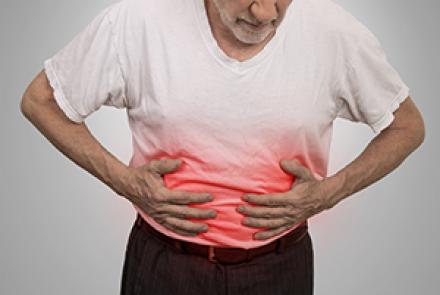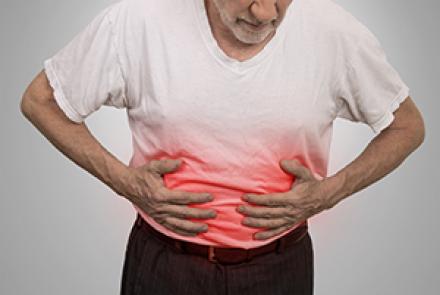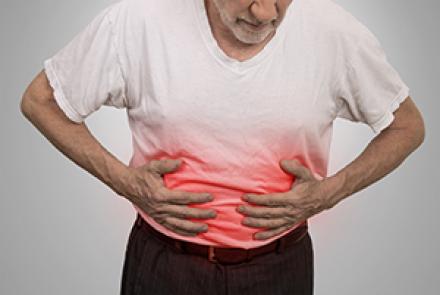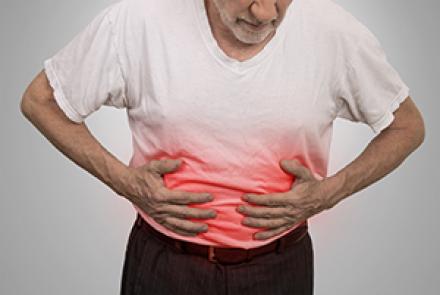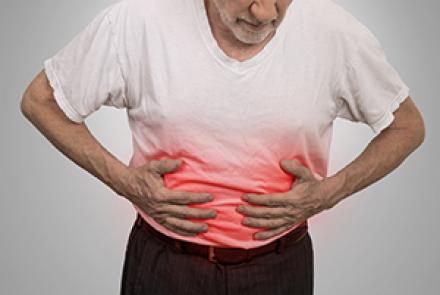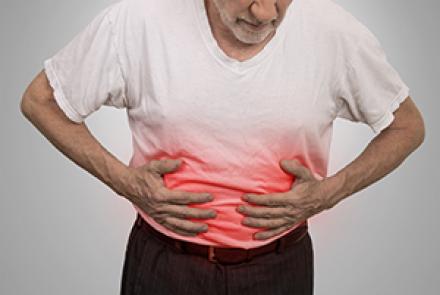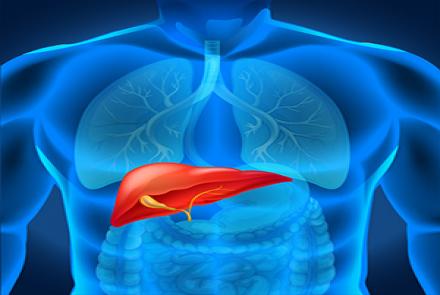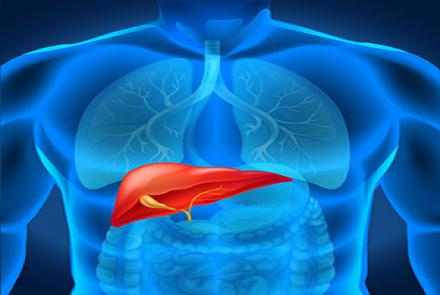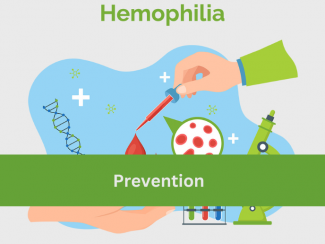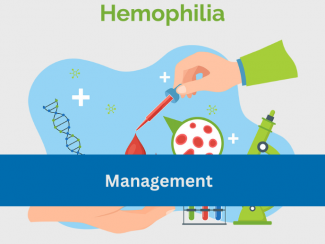The symptoms vary between individuals and some people have more severe symptoms than others. The symptoms tend to come and go – they may last for a few days or for a few months, often during times of stress or after eating certain foods.
Symptoms may include:
Diarrhoea (sudden and explosive episodes)
Constipation
Alternating episodes of diarrhoea and constipation
Stools appearing harder or very loose
Abdominal pain usually occurs in the lower half of the abdomen; pain is aggravated by…
Latest Stories
- The exact cause of Irritable Bowel Syndrome is yet unknown, but most experts think that it is related to problems with digestion and increased sensitivity of the gut. One theory suggests that irritable bowel syndrome is caused by abnormal contractions of the colon and intestines. Some people develop irritable bowel syndrome after severe gastrointestinal infection (eg Salmonella or Campylobacter, or viruses). It is not so clear how the infection triggers IBS to develop. However most people with…
- Diagnoses of IBS: The doctor will make a diagnosis after evaluating the symptoms. He may suggest a few tests to rule out other possibilities. Most people will not need testing but it will depend on your age, how your symptoms come on, how severe the symptoms are, and how you respond to your first treatment. For example, a 20-year-old person might not need any tests. But for a 50-year-old with new symptoms, tests would be required because of the higher risk of colon cancer in people over 50.…
- Irritable bowel syndrome (IBS) is also called spastic colon. This is a common disorder that affects the large intestine. It commonly causes symptoms like cramping, abdominal pain, bloating, diarrhoea and constipation. IBS is a chronic condition so you need to manage it for long term. This condition is caused due to combination of abdominal discomfort and altered bowel habits such as altered frequency or altered stool form (thin, hard, or soft and liquid). People will have this irritable bowel…
- You can try and prevent the triggers of IBS: 1. Stress can aggravate the symptoms of IBS like constipation and diarrhea. Manage your stress. The simple steps are to eat a healthy meal, meditate or do breathing exercise, exercise regularly. Read more about how to manage your stress so it does not trigger IBS symptoms. 2. Diet related triggers: Common foods that trigger the symptoms of IBS are: Processed foods such as chips and cookies Coffee, carbonated drinks, and alcohol Dairy…
- According to the Rome III criteria by the Rome Foundation, IBS may be classified on the basis of the patient’s stool characteristics, as defined by the Bristol Stool Scale: 1. IBS with constipation (IBS-C): Hard stools > 25% of the time and loose stools < 25% of the time This is accompanied by stomach pain and discomfort, bloating, abnormally delayed or infrequent bowel movement, or lumpy/hard stool. This is typically seen more commonly in women 2. IBS with diarrhea (IBS-D): Loose stools…
- Losing a loved one especially after a long period of caregiving can be distressing and leave you with a range of different and conflicting emotions. This article by PDMDS suggests six ways to deal with grief and loss. Losing someone close to you is extremely distressing. That loss also signifies the end of your caregiver role which may create feelings of emptiness. How you cope with the demise of the person you cared for is a very personal thing. Remember, there is no right or wrong…
- Chronic hepatitis is a disorder of the liver that lasts more than 6 months. It results in generalized malaise, poor appetite, and abdominal pain. It may be caused due to viral, immunological, adverse habits etc. In end cases transplantation is the only choice. In advance cases damage leads to scarring of the liver, this condition is called as cirrhosis. Cirrhosis can further lead to endangered conditions like hepatic encephalopathy, hepato-renal syndrome, coagulopathy and finally liver cancer.…
- Chronic hepatitis initially may not have any symptoms. But as the disease progresses there will be: Nonspecific symptoms such as generalized malaise, fever, poor appetite, fatigue, abdominal pain, weight loss, or anorexia. Muscle and joint pains. Hormonal imbalance leading to Hirsutism (abnormal hair growth). Gynaecomastia (swelling of the breast tissue in men). Testicular atrophy Loss of libido Absence of the menstrual cycle (amenorrhea) Peripheral edema (fluid accumulation in and…

